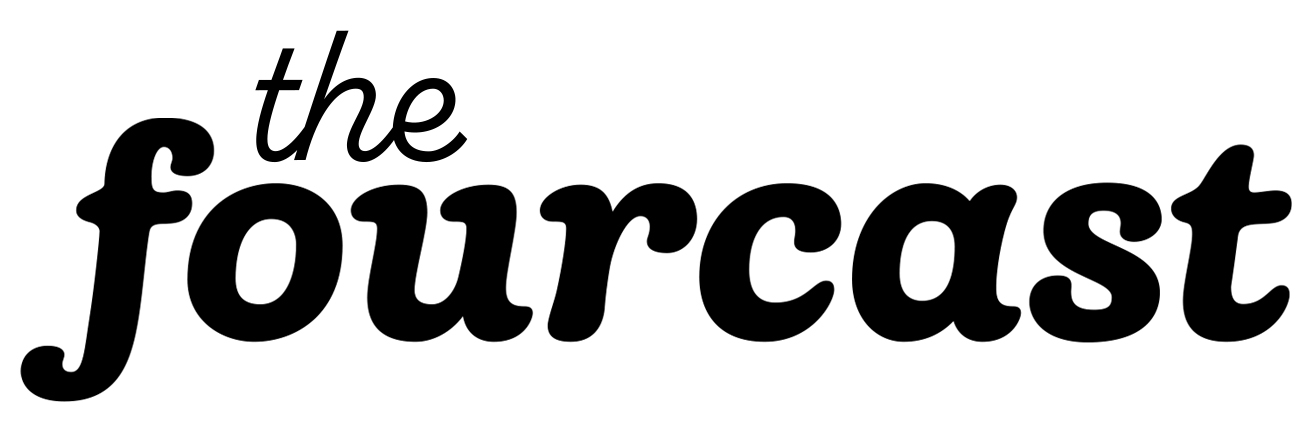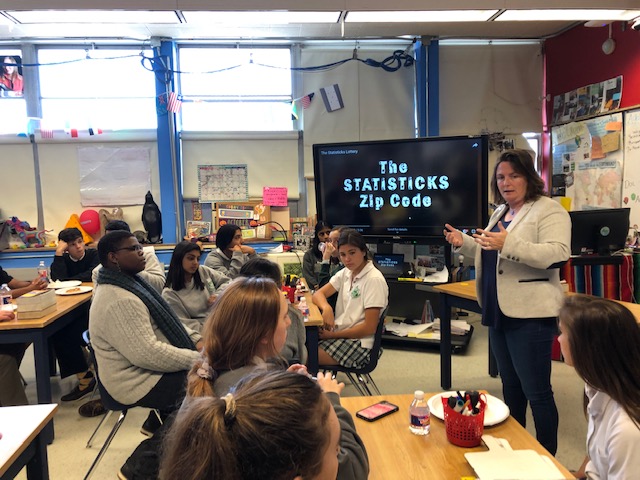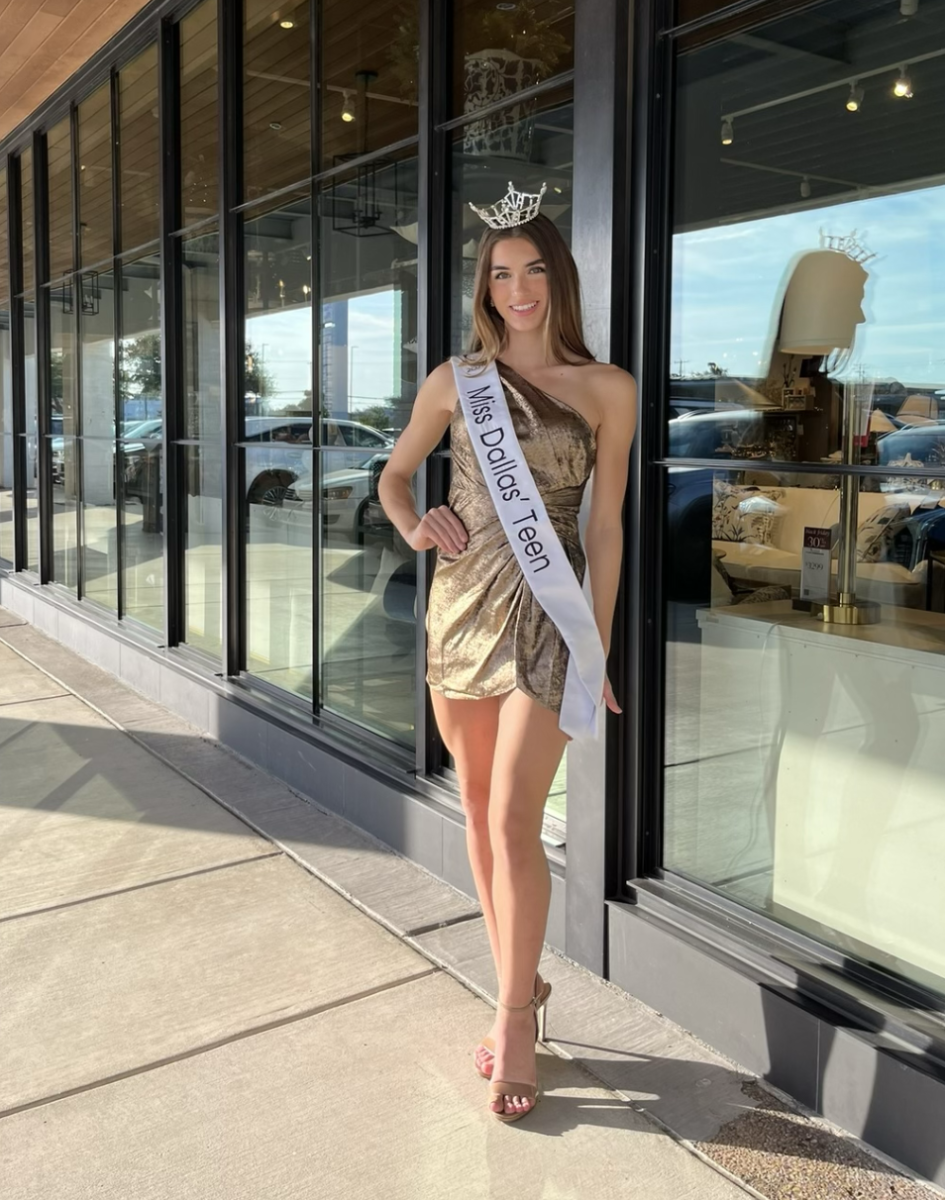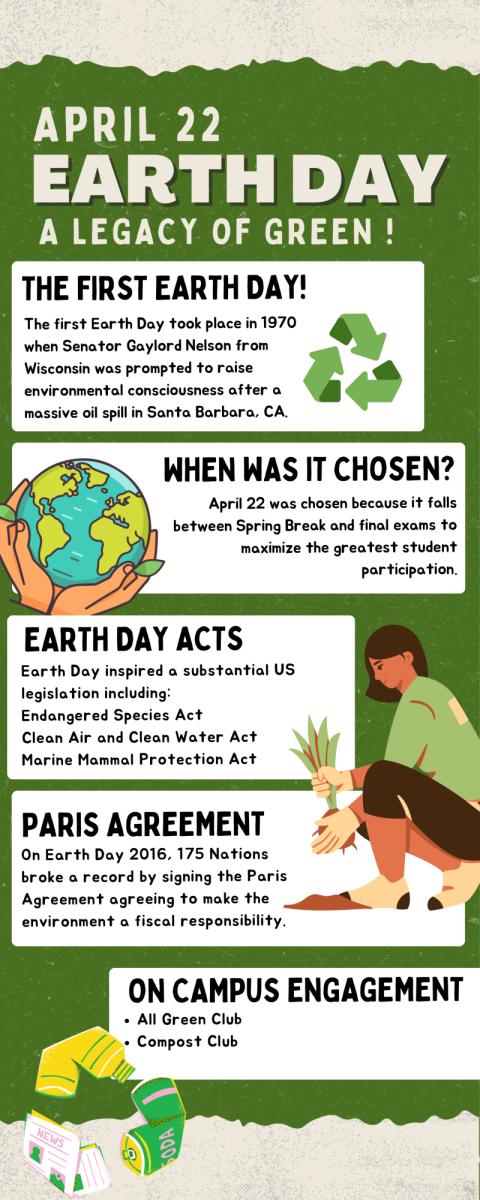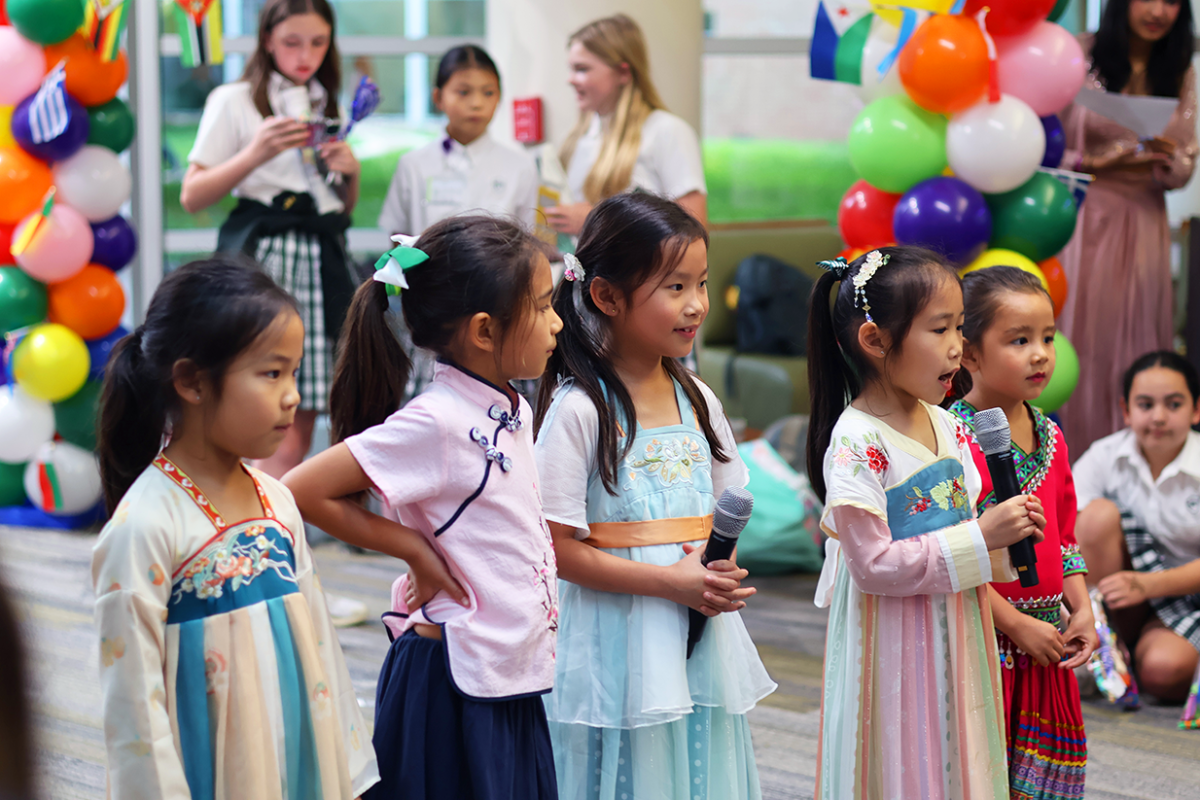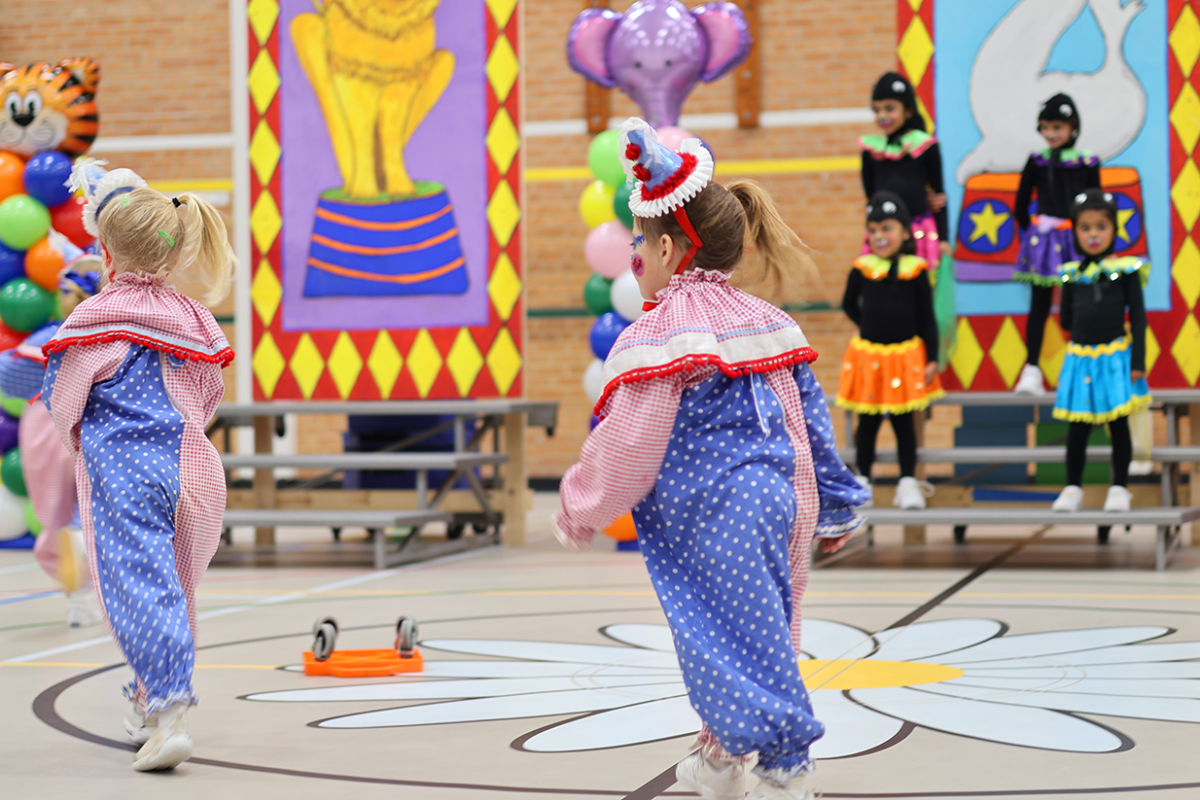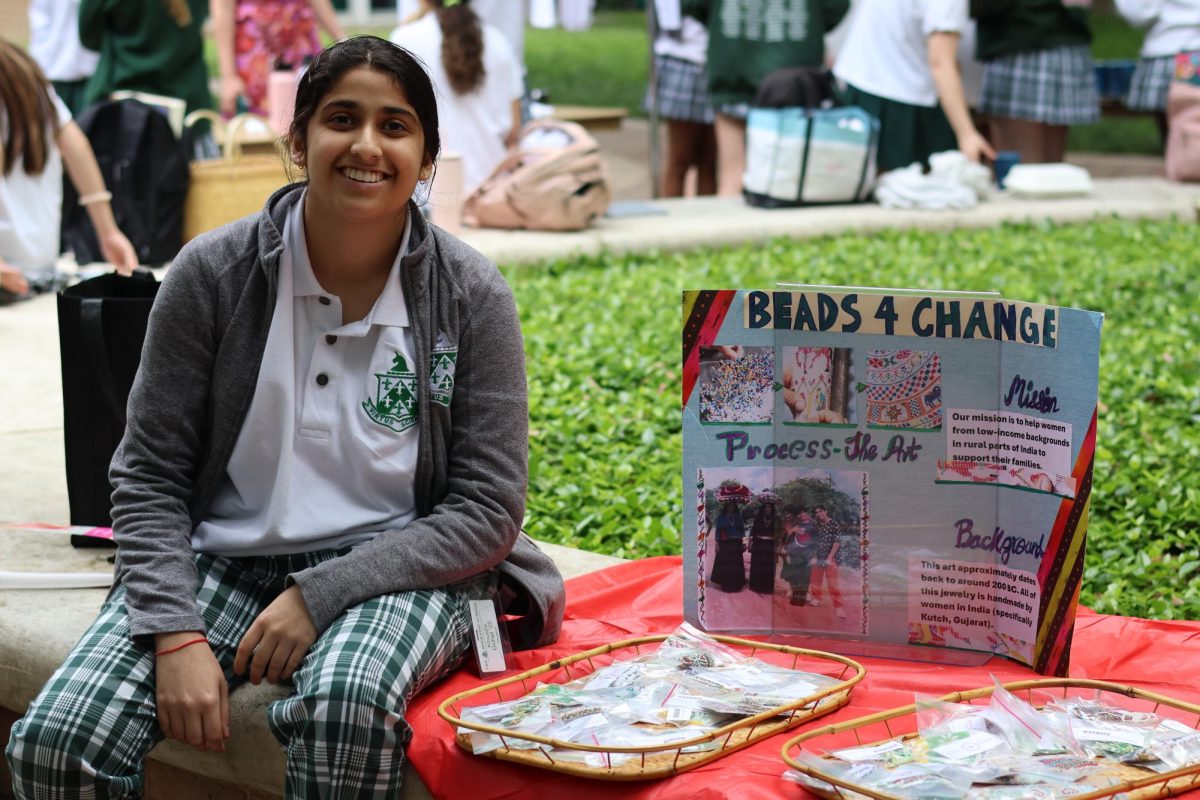 Upon her return to Japan three days after the devastating events shook her country, freshman Eko found many aspects of her home in Tokyo to be unfamiliar, even sinister.
Upon her return to Japan three days after the devastating events shook her country, freshman Eko found many aspects of her home in Tokyo to be unfamiliar, even sinister.
Lights out. Stores ravaged. Bookshelves overturned. Public transportation shut down indefinitely.
“There was no way for me to go outside—I was afraid of the radiation,” she says. “You can’t see it, but it’s almost killing you.”
The magnitude 9 earthquake followed by a nearly 20 foot tsunami caused blackouts throughout Japan and a meltdown of Fukushima’s nuclear power reactors, spreading toxic radioactive material throughout the nation.
Eko first heard of the disaster on the Friday of exams, just one day before she was to fly home.
“That morning, all I did was go over the news and look at things, what had been happening, especially in Tokyo, because my parents are there, my family, my friends, everything,” she says.
However, Eko could not reach her family for several hours on Friday. The phone connection was down due to the deluge of calls into Japan.
“I couldn’t call them at all, so I went back to the news to try to see what happened, and I saw that the initial earthquake hit Tokyo,” she says. “I got really scared.”
Finally contacting her aunt at noon on Friday, Eko heard that her family was safe.
Arriving in Tokyo on Sunday, Eko found her home in disarray.
“In my room, I have a bookshelf that is really high, and it just fell down.”
She recalls the rare, closely supervised trips outside of her home.
“Usually you see lights everywhere, and the stores are really bright, but [the lights] were just off,” she says. “And people started buying food like crazy. I went to stores and there would be shelves that were completely empty.”
Junior Nina’s spring break was also affected by the disaster when plans to visit her father and grandparents in Japan were cancelled because of the earthquake’s wide reaching effects.
She also remembers hearing about the events for the first time.
“It didn’t really register, because [my mom] said there was an earthquake in Japan, and there are earthquakes in Japan all the time,” she says. “So I didn’t really think anything of it until people were asking me if my family was okay when I got to school.”
“My dad is in Japan still. He was there at the time because he’s starting up a lab in Japan,” Nina says. “The [radiation] levels aren’t necessarily dangerous for him, but if there is any leakage, any problems that come up, his funds might get cut off for his labs. He’s really stressed right now.”
Physics teacher Leon de Oliveira’s received the shocking news during his usual morning NPR session.
De Oliveira lived in Japan for three years before starting to teach at Hockaday this year. He has remained in contact with friends and colleagues over Facebook and through email, so news of the earthquake immediately disturbed him.
“As soon as I got to school I started checking to see if [my friends] were doing alright, and it just happened to be the day I was giving an exam, so I only had a short time to get information,” he remembers.
De Oliveira’s colleagues with young children have taken extended vacations to the United States to protect their kids away from the fallout of the nuclear reactor.
“It did give them a good shake. Otherwise they were okay after the earthquake and the tsunami,” he says. “But the reactor has been a bit of a fright for them.”
Hearing about the far reaching effects of the tragedy in Japan has had many students wondering what would happen if a similar disaster occurred here in Dallas.
According to Physics teacher Pete Lohstreter, the nuclear reactors closest to Dallas are located in Comanche Peak, about 40 miles southwest of Ft. Worth. A southwest wind would bring radiation toward the Dallas area.
“What can you do?,” Loh says, “Standard precautions. Stay inside. Probably don’t drink the water. Rain is going to be an issue. Depending on how bad the event was, there could be some major health issues—radiation sickness, poisonings, increased rates of cancer.”
However, Loh says that it is extremely unlikely that a nuclear disaster will occur at Comanche Peak.
“We are in an extremely dead seismic zone in North Texas. There are no fault lines,” he says, “The last earthquake in Dallas was millions of years ago. The worst possible case scenario would be an F5 plus tornado hitting the nuclear reactor.”
However, the nuclear reactors at Comanche Peak are designed to withstand tornados of this magnitude.
“The chance of a nuclear event in Dallas is so small, so low, that it would be a waste of time to even practice nuclear drills,” Loh reassures students.
The Hockaday community service program has partnered with the Global FoodBanking Network to support Second Harvest Japan in their efforts to provide relief through the delivery of food and other emergency relief supplies to some of the worst affected areas in northern Japan. Members of the Hockaday community may donate to Second Harvest Japan at www.2hj.org.
—Hailey
